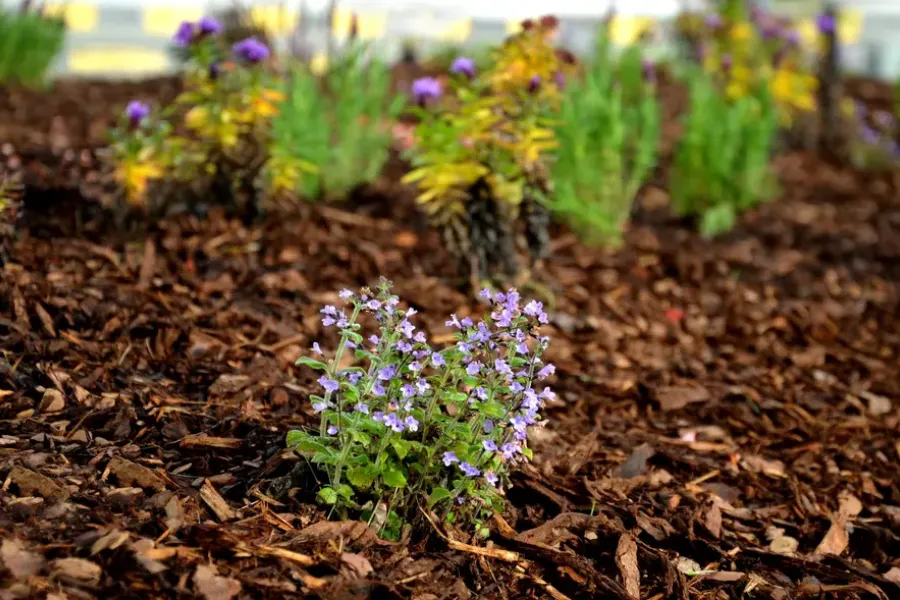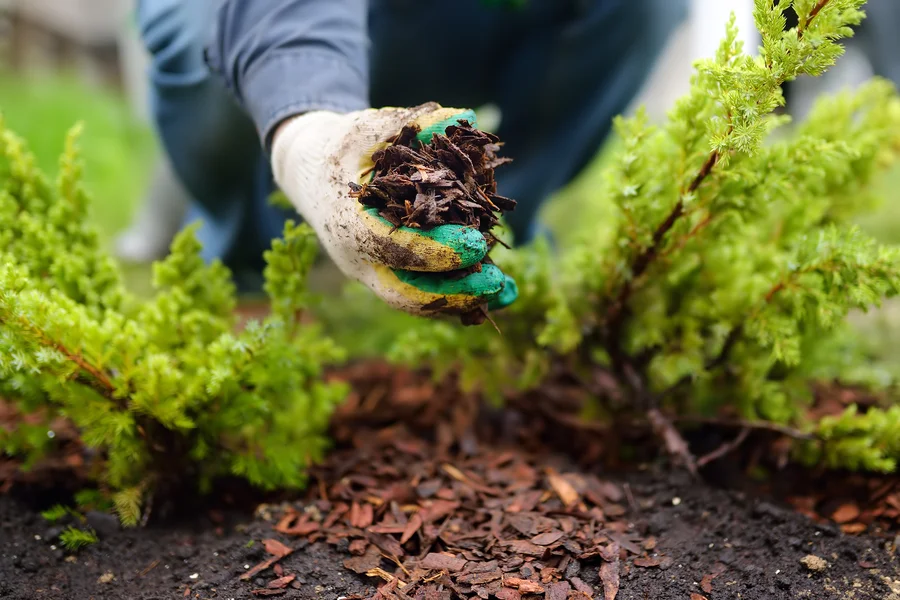Effective Ways to Increase the Lifespan of Your Garden Cover
If you’ve ever laid mulch in your garden, you know how important it is for maintaining soil moisture and preventing weeds. However, mulch can sometimes decompose faster than expected, leading to more frequent replenishments and increased costs. Understanding why mulch breaks down quickly and learning how to slow this process can save both time and money. By managing environmental factors and choosing the right materials, you can keep your garden looking fresh while maximizing the benefits of mulch.

Understanding the Role of Moisture
Moisture plays a crucial role in the decomposition rate of mulch. When mulch is too wet, it encourages bacteria and fungi to break down the material more rapidly. To prevent this, ensure that your garden has proper drainage. You can achieve this by ensuring your soil is not overly compacted and by avoiding overwatering. Remember, consistent watering schedules benefit plants but excessive water accelerates mulch breakdown.
The Importance of Using Quality Materials
Selecting high-quality mulch materials will extend their lifespan. Organic mulches like wood chips, bark, and straw are popular options. These materials decompose at different rates, with hardwood types generally lasting longer than softwood varieties. Investing in quality mulch might cost more initially, but it reduces long-term maintenance needs. This makes `mulching` both efficient and cost-effective.

Avoiding Excessive Heat
Excessive heat speeds up the decomposition of mulch. During hot summer months, cover your mulch with shade cloths or plant taller shrubs nearby to provide natural shade. This simple adjustment helps maintain lower temperatures around the mulch layer, slowing down its breakdown process.
Maintaining Proper Thickness
The thickness of your mulch layer affects its decomposition rate. A layer that’s too thin won’t protect the soil effectively, while one that’s too thick traps excess moisture. The ideal depth for most garden beds is between two to four inches. Adjusting the thickness according to climate conditions will enhance `mulching` effectiveness and prolong its utility.
Utilizing Natural Preservatives
Certain natural additives can help slow down mulch decomposition. For example, adding cedar oil or cypress sawdust acts as a natural preservative due to their inherent properties against rot and decay. These additives increase the resistance of the mulch against fungal growth, extending its life.
The Benefits of Regular Turnover
Turning over your mulch every few weeks prevents compaction, which can lead to quicker decomposition. Aerating the mulch allows air circulation and redistribution of decomposed parts, keeping the layer functional for a longer period. Regular turnover is especially beneficial in humid climates where moisture tends to settle into the layers.
Monitoring Environmental Factors
Environmental elements such as sunlight exposure, rain patterns, and wind can all impact mulch longevity. Monitor these factors and adjust your garden’s layout accordingly. Strategic planting can mitigate some of these effects, promoting even coverage and reducing exposure to harsh weather conditions.
Your Path Forward With Sustainable Practices
Implementing these strategies requires careful planning but leads to lasting results. Landscaping by Family LLC offers expert advice on sustainable gardening practices. Call us at (503) 433-4561 for personalized support tailored to your landscape’s unique needs. Our team is based in Cornelius, OR, providing local expertise and service excellence.